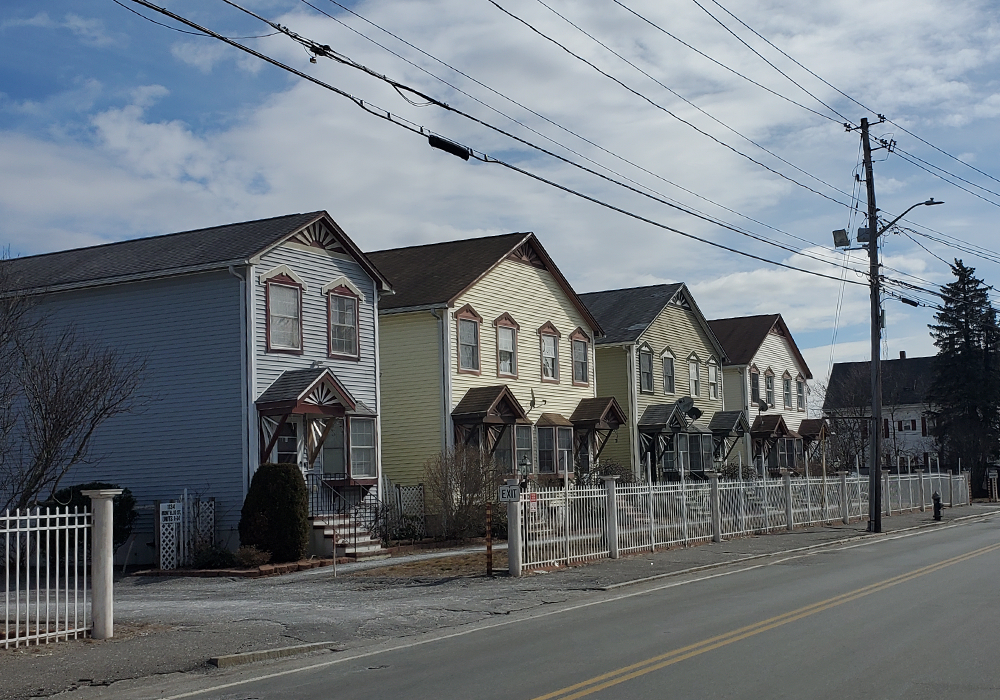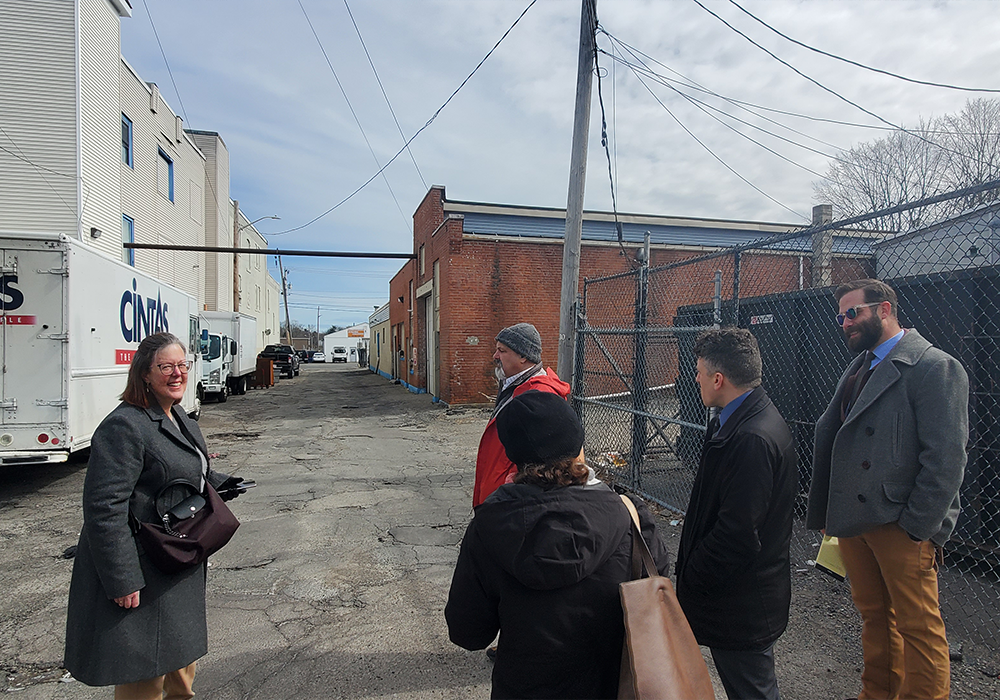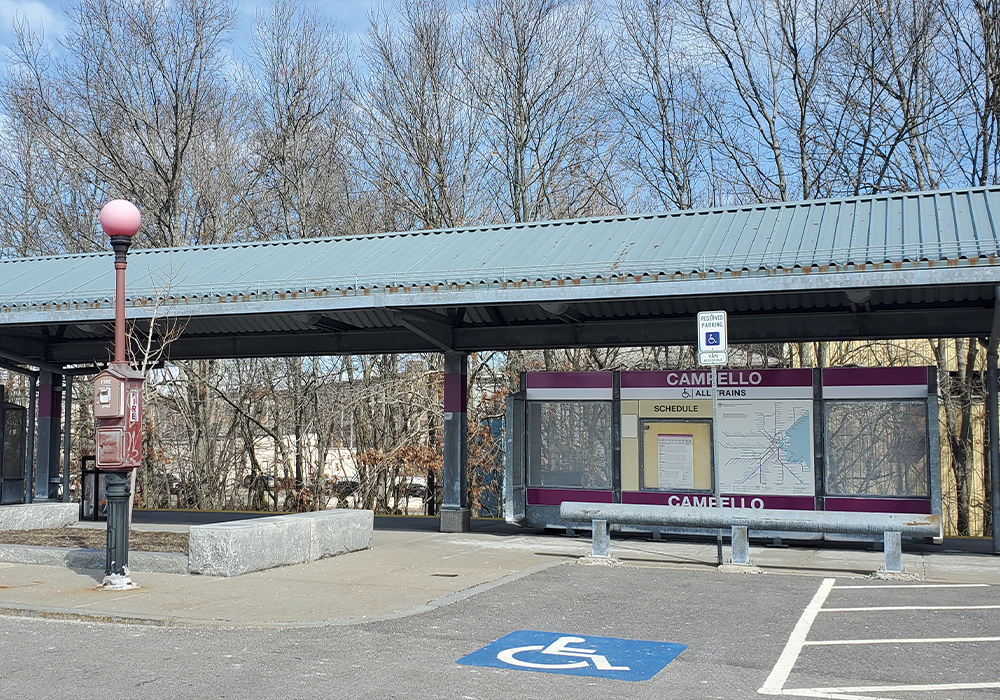If we are to vitalize businesses and organizations, increase housing accessibility, and provide support to communities, it’s essential that we get creative with how to enhance walkability to downtown areas, provide shared space retail solutions for start-up businesses, and promote sustainable landscapes that will offset the heat island effect. At Studio Luz, we know that community engagement is essential to the process of vitalizing or rezoning of any area, our ability to bring consensus and find solutions to space limitation problems is dependent on understanding community needs. With every project, we aim to ensure that we connect with community members to hear not only what they need at present, but also where they hope to see their community in the future. That’s exactly what we’ve set out to do with one of our recent partnerships with Massachusetts Housing Partnership and TDI MassDevelopment.
Working with the Brockton community, we are beginning to build local capacity and readiness for investment through planning, community engagement, and pre-development activities. We’re doing so through our first Technical Assistance Project with Massachusetts Housing Partnership, in partnership with Innes Associates and RKG, which supports the state legislatures’ larger efforts to build more multifamily housing near transit, jobs, and services. MHP provides a variety of resources related to affordable housing planning and development to communities, Housing Authorities and non-profits throughout the state, and has selected Brockton as a district to assist in its redevelopment and growth.
We’re coordinating meetings with Brockton community members, where we hope through our conversations to understand where they see opportunities for growth and economic improvement, as well as hear more specific requests for resources. Continuing the work begun in the visioning process of the project, we are hosting workshops centering on four key topics: land uses, supporting economic growth, design, and proposed zoning changes. As a key part of our process, facilitating these topic-specific meetings allows us to gather information that will help us re-imagine the area, with the ultimate goal of identifying community-led ideas and developing strategies for building a network of support to ensure that the primary beneficiaries of this work are the people who live in the neighborhood.
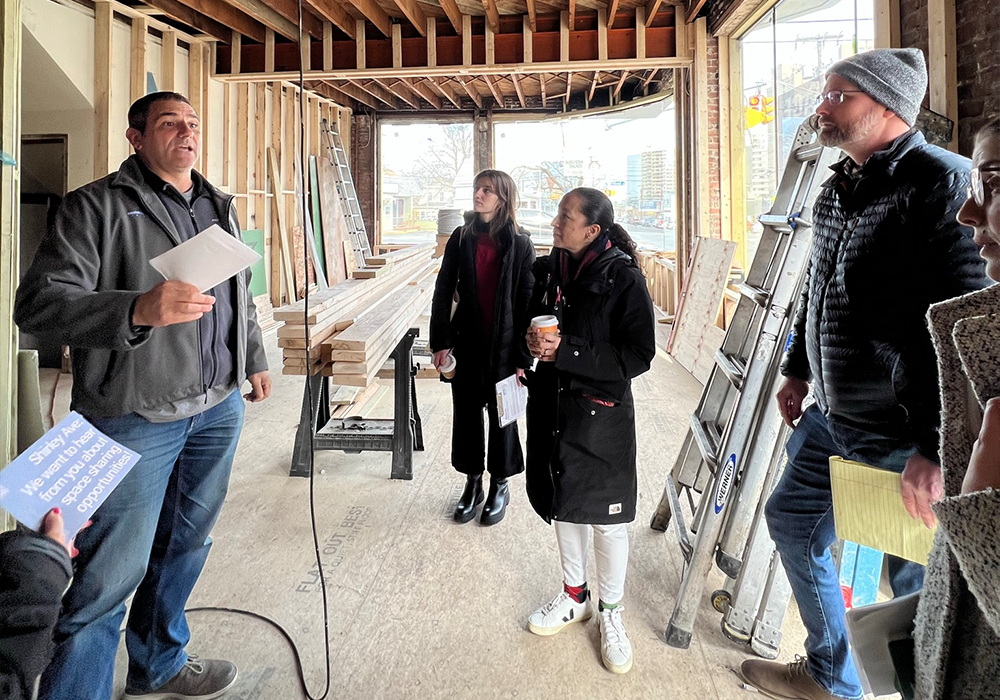
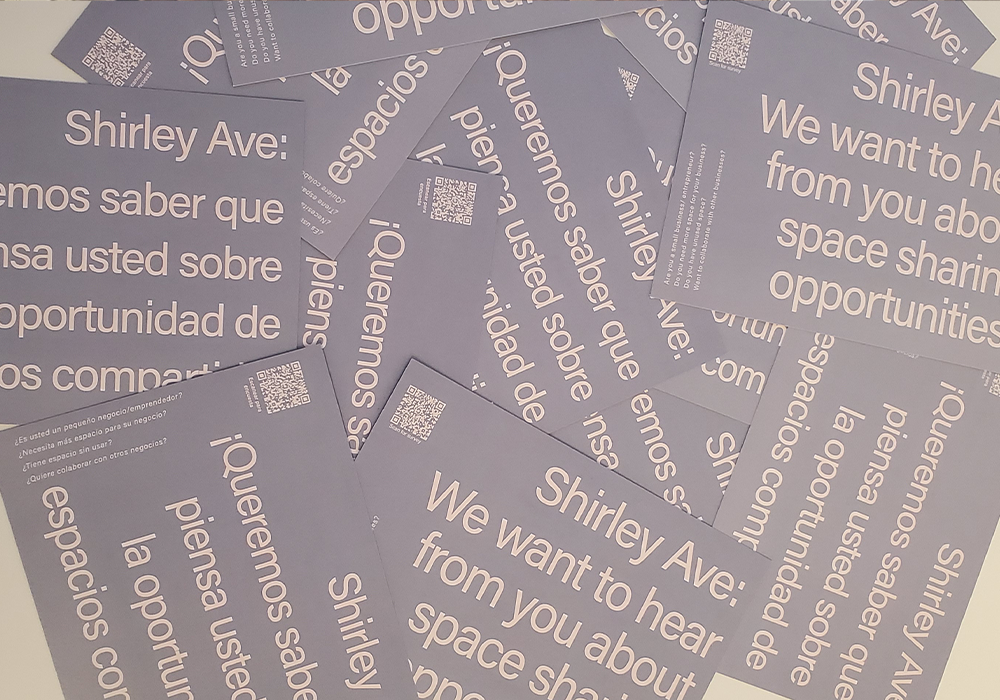
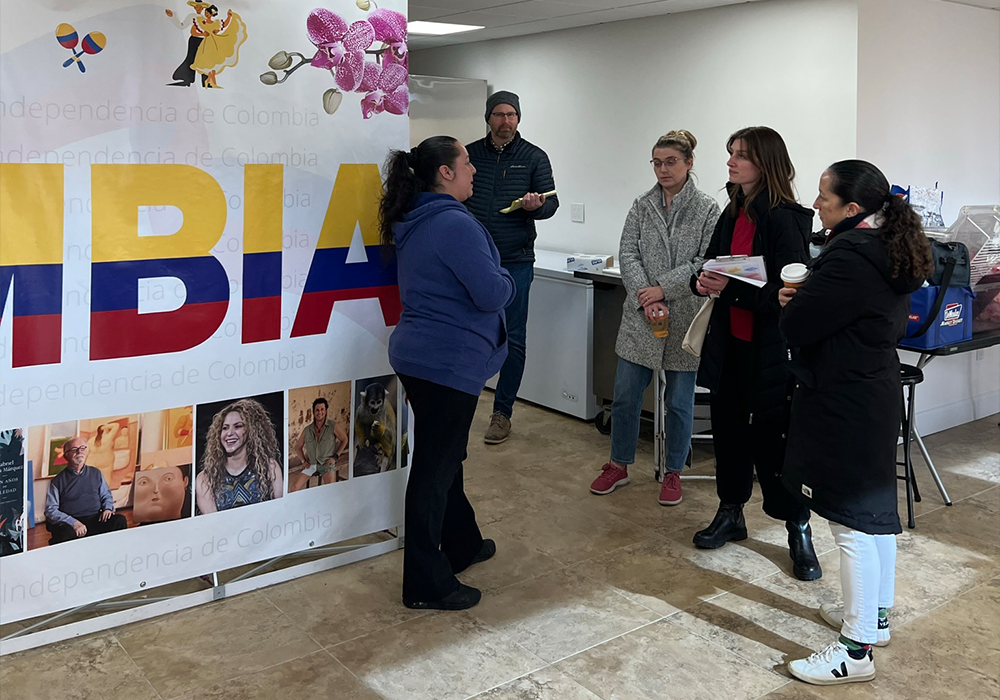
Like the Brockton project, we are re-imagining the commercial spaces of Shirley Ave. Micro-retail, business incubators, and co-working spaces are just some of the many possibilities that have been dreamed up for the Shirley Ave Shared Space Pilot Program, in partnership with the City of Revere’s Transformative Development Initiative. Women Encouraging Empowerment, a Revere-based nonprofit, was recently awarded a state grant to partner with the city and other organizations on this innovative program. This grant will be used to fund the needs of four businesses and organizations that will share space in two to four pilot shared spaces in the Shirley Ave neighborhood; these recipients could be anything from a local catering business to an art gallery to a small clothing boutique to a community organizing group, among many other possibilities. Sharing commercial space — accomplished by pairing businesses or community groups with similar customer bases, complementary space requirements, or alternating hours of operating — may relieve the operating expenses held by any one organization.
The Shirley Ave neighborhood in particular is home to many immigrant businesses, but not a significant amount of vacant commercial space. Many small businesses and organizations get priced out when it comes to leasing space. A shared space arrangement can support existing businesses as well as new ones just getting off the ground, creating space for more of Revere’s diverse talent to flourish.
The Shirley Ave project partners were able to bring us into the fold to strategize and identify potential space-sharing opportunities in the neighborhood and other next steps in the initiative. To gather information that will help us do so, we have coordinated in-person and virtual workshops where participants are invited to join us in exploring how space sharing in this neighborhood can support businesses and community groups, hearing from community members, and sharing information about space sharing opportunities. However, the work won’t end once the businesses are paired and thriving — the program is meant to serve as a complement to ongoing planning and analysis in the form of a study being prepared by us. In it, we will explore the neighborhood-wide inventory of spaces, recommend complementary uses, and identify regulatory and/or standard operating considerations that may allow for increased use of shared spaces as a tool to help prevent commercial displacement.
